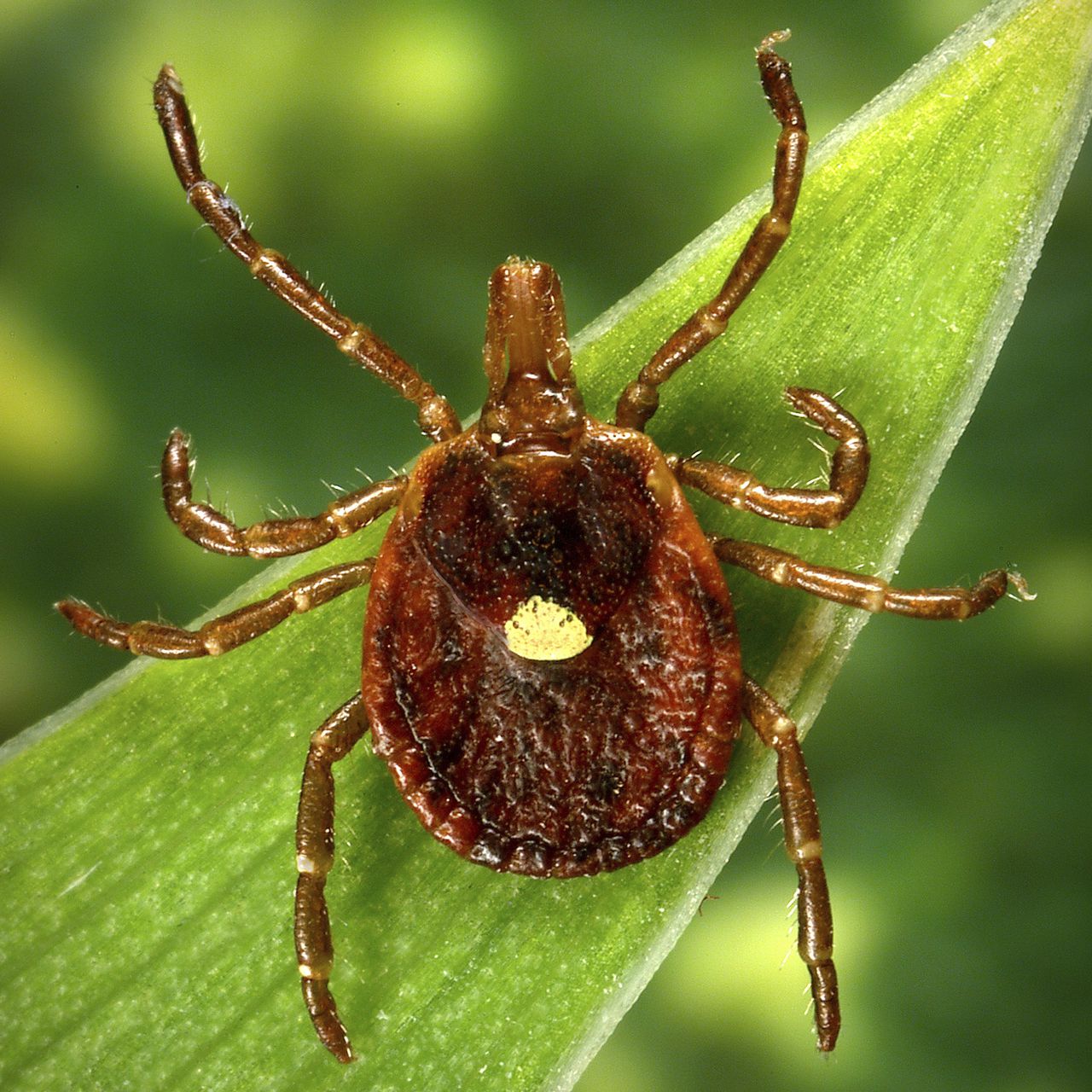What are AGS symptoms? Tick bite syndrome linked to red meat allergies
The Centers for Disease Control and Prevention is warning about alpha-gal syndrome, describing the tick-related conditions as an “emerging public health problem.”
More than 100,000 people in the U.S. have become allergic to red meat since 2010 because of AGS triggered by tick bites. Officials believe the number of people developing the allergy could be much higher – possibly as many as 450,000 Americans – due to underreporting and missed diagnoses.
“Alpha-gal syndrome is an important emerging public health problem, with potentially severe health impacts that can last a lifetime for some patients,” Dr. Ann Carpenter, CDC epidemiologist said in a statement. “It’s critical for clinicians to be aware of AGS so they can properly evaluate, diagnose, and manage their patients and also educate them on tick-bite prevention to protect patients from developing this allergic condition.”
The reaction occurs when an infected person eats beef, pork, venison or other meat from mammals, or ingests milk, gelatin or other animal products. The reaction is created by a sugar, alpha-gal, found in mammal meat and in tick spit. When the sugar enters the body through the skin, it triggers an immune response that can lead to a severe allergic reaction.
The CDC said “growing evidence” suggests that AGS is primarily associated with the bite of the lone star tick in the U.S., but other kinds of ticks have not been ruled out. Most patients are from the South, Midwest, and mid-Atlantic regions.
READ MORE: What is alpha-gal syndrome? Spit from lone star tick bite causing red meat allergy
What are symptoms of AGS?
People who suffer from AGS can experience a wide range of symptoms:
- Hives or itchy rash
- Nausea or vomiting
- Heartburn and indigestion
- Diarrhea
- Cough
- Shortness of breath or difficulty breathing
- Drop in blood pressure
- Swellings of the lips, throat, tongue or eyelids
- Dizziness or faintness
- Severe stomach pain
Symptoms generally appear 2-6 hours after eating food or other exposure to products containing alpha-gal, including gelatin-coated medications. The syndrome is diagnosed by an allergist or other healthcare provider and can include allergy skin testing.
